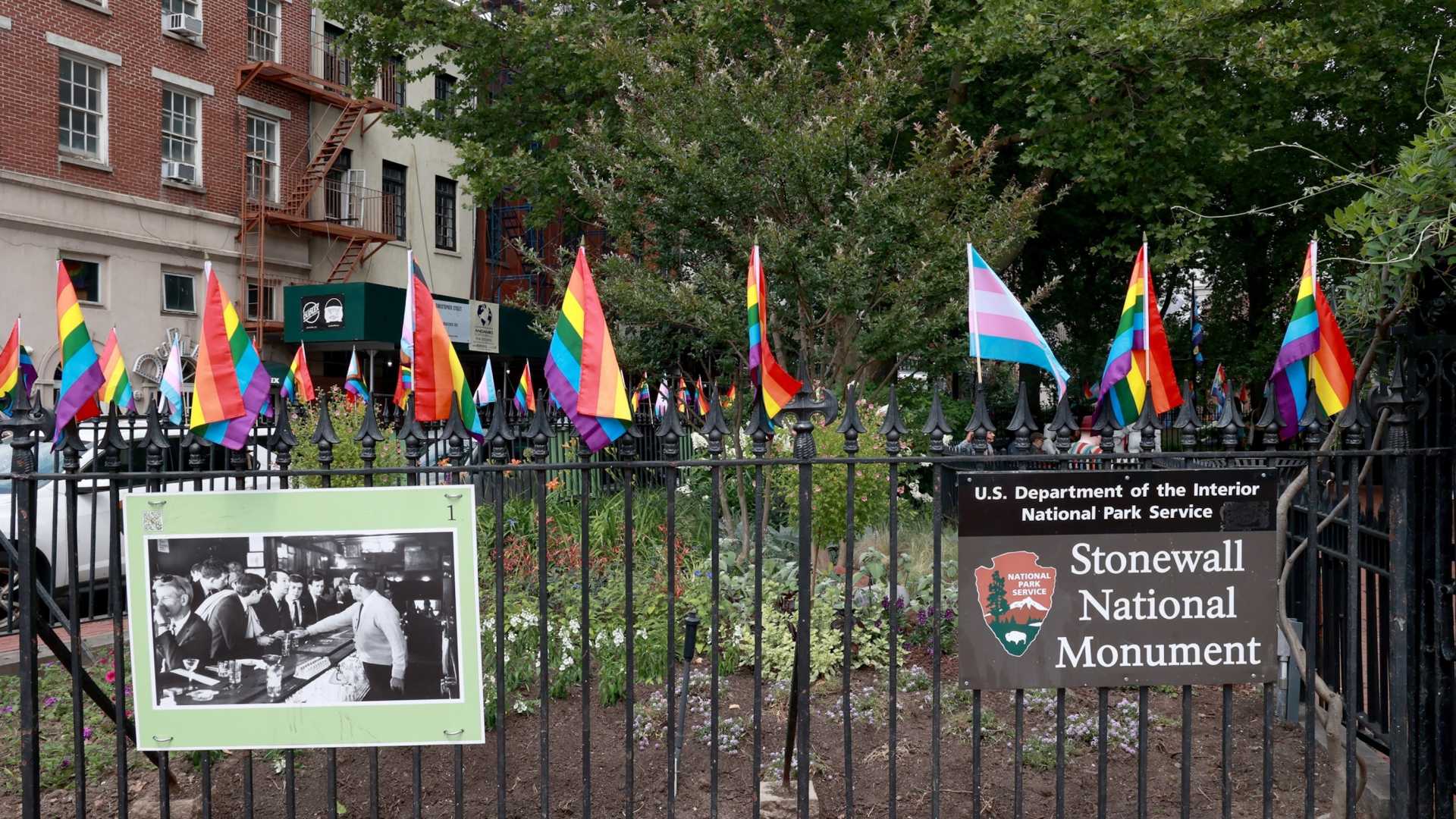News
Erasure of Bisexuality from Stonewall National Monument Website Sparks Outrage

NEW YORK, NY — The National Park Service has come under fire for editing the Stonewall National Monument website to remove mentions of bisexuality. Just months after erasing references to transgender individuals, the new changes have led to protests and criticism from LGBTQ+ advocates.
Earlier this year, the website acknowledged that “almost everything about living openly as a lesbian, gay, bisexual, transgender, or queer (LGBTQ+) person was illegal” before the 1960s. However, the website now states, “almost everything about living authentically as a gay or lesbian person was illegal.” This change follows a similar pattern of erasure that advocates say highlights a concerning trend in how LGBTQ+ history is represented.
The edits were reportedly made on May 27, as indicated by a note on the website. Critics have pointed out that the site previously included several references to bisexuality and the contributions of bisexual activists to the Stonewall uprising. For instance, Brenda Howard, known as the “Mother of Pride,” played a vital role in organizing the first Pride celebrations following the Stonewall riots.
Tanya Asapansa-Johnson Walker, a leading activist, expressed her frustration at the protests held outside the Stonewall Inn, stating, “We’re here to stay and we will not be erased by any administration.” With historical truths being washed away, many within the community feel that erasing bisexual identities is a deliberate act meant to undermine their contributions.
The uproar over the edits has prompted a petition that has garnered over 47,000 signatures, calling for the restoration of inclusive language on government websites. The response from the community has been overwhelming, with numerous activists rallying at the landmark to protest.
In a statement, Kurt Kelly, owner of the Stonewall Inn, condemned the edits: “The erasure of bisexual people from federal websites is not just a digital oversight — it’s a deliberate act of invisibility that harms an already marginalized part of our LGBTQ+ community.” The National Park Service’s recent changes have ignited discussions about the importance of preserving the full spectrum of LGBTQ+ history and identity.
As of July 11, advocates await updates on whether the changes will be reversed. The National Park Service has not publicly commented on the controversy. Many hope that continued advocacy will lead to a restoration of the inclusive language that once characterized the Stonewall National Monument’s website.












